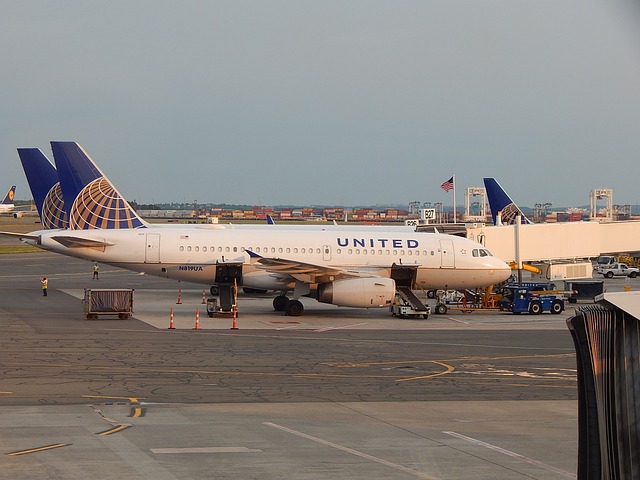Share This Article:

Could Flight Attendant who Landed in Rehab Get FMLA Interference Claim off the Ground?
24 Sep, 2024 Chris Parker

What Do You Think?
Chicago, IL (WorkersCompensation.com) -- The FMLA affords employees who take medical leave the right to reinstatement once they return from leave. A case involving a United flight attendant who sent ill-considered messages to a former romantic partner who also worked at the company, addresses whether there are limits to that rule.
The attendant was having a romantic relationship with a female coworker about 20 years his junior. After she broke it off, he allegedly left threatening text messages and left threatening voicemails on her phone. One of the texts read:
"You do realize, your dad and all his friends are going to get nudes of you? Because you treated me like shit. You better call me because I'm sick of this bullshit."
The company began investigating whether the attendant violated the company’s discrimination and harassment policy. The attendant, for his part, admitted that his messages could have been misconstrued and that they reflected a poor choice of words.
In February 2021, the attendant announced that he was an alcoholic and requested FMLA leave, which the company granted, to enter rehab through April. While he was still in rehab, on Feb. 26, the company fired him for violating its harassment and discrimination policies.
The attendant sued United for FMLA interference, claiming that the company violated the FMLA by not reinstating him when he returned from leave.
To establish his claim, the court noted, the attendant had to show that United denied him FMLA benefits to which he was entitled.
Did United interfere with the attendant’s right to reinstatement?
A. No. He was going to be fired anyway.
B. Yes. The FMLA required the company to reinstate him.
If you selected A, you agreed with the court in Blockhus v. United Airlines, Inc., No. 24-1043 (7th Cir. 09/11/24, unpublished), which held that the employee had no right to reinstatement since there were grounds for firing him.
The court acknowledged the attendant’s argument that United fired him to stop him from being reinstated to his position after he completed his medical leave. An employee, however, is not entitled to return to his former position if he would have been fired regardless of whether he took the leave, the court observed. Thus, the attendant lost nothing to which he was entitled under the FMLA.
Further, no reasonable juror could conclude that the company’s motive for firing him was his use of medical leave. The investigation into his threatening behavior toward the coworker started before he asked for leave.
“The result of that investigation, not [the attendant’s] FMLA leave, led to his termination,” the court wrote.
california case management case management focus claims compensability compliance courts covid do you know the rule emotions exclusive remedy florida FMLA fraud glossary check health care Healthcare hr homeroom insurance insurers iowa leadership medical NCCI new jersey new york ohio osha pennsylvania roadmap Safety state info technology texas violence WDYT west virginia what do you think women's history women's history month workcompcollege workers' comp 101 workers' recovery Workplace Safety Workplace Violence
Read Also
About The Author
About The Author
- Chris Parker
More by This Author
- Apr 14, 2025
- Chris Parker
- Apr 13, 2025
- Chris Parker
Read More
- Apr 14, 2025
- Frank Ferreri
- Apr 14, 2025
- Claire Muselman
- Apr 14, 2025
- Chris Parker
- Apr 13, 2025
- Claire Muselman
- Apr 13, 2025
- Chris Parker
- Apr 13, 2025
- Liz Carey




